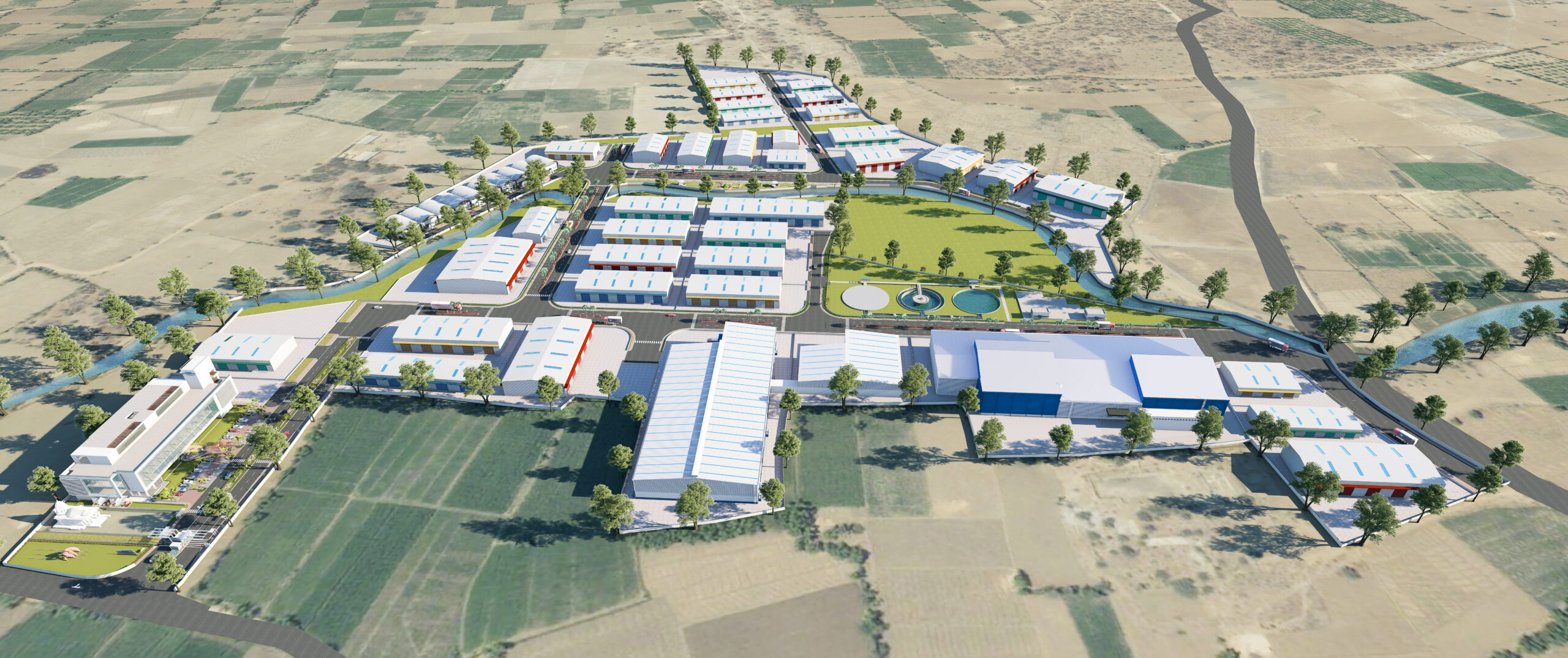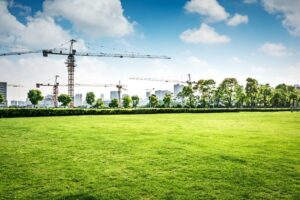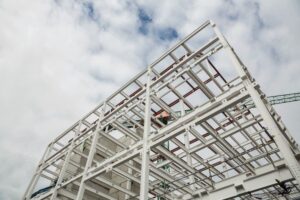
Rise of Build-to-Suit (BTS) Project Delivery: Is It the Right Fit for Your Factory
The industrial sector is witnessing a significant transformation in the way structures such as factories and warehouses are built. Among the emerging trends, build-to-suit projects, also known as BTS projects, have gained immense popularity. Such projects involve the construction of customized facilities tailored to a specific tenant’s needs, offering a turnkey solution for businesses seeking to set up their manufacturing or distribution centers.
In this article, we will explore the rise of BTS project delivery, its advantages, and help you determine whether it is the right fit for your factory project.
Understanding Build to Suit (BTS) Project Delivery:
Build-to-Suit (BTS) project delivery is an approach in real estate development where a developer or builder constructs a custom-built facility based on the unique requirements of a tenant. Unlike traditional speculative developments, where developers build properties without having a specific end-user in mind, Build-to-Suit projects are initiated in response to a company’s specific demands. The tenant often collaborates closely with the project developer throughout the planning and construction phases to ensure that the final product aligns perfectly with their operational needs.
The Rise of BTS in the Industrial Sector
The industrial sector has been witnessing a surge in demand for build-to-suit projects due to various factors. One key factor in the need for such a project model is the growing need for modern and efficient industrial spaces. As technology continues to evolve, traditional-style factories may not meet the advanced requirements of modern manufacturing processes.
BTS projects offer an opportunity to integrate cutting-edge technologies, energy-efficient systems, and automation into spaces, which can significantly enhance a factory’s productivity.
Moreover, the current competitive business landscape emphasizes the significance of time- to-market. Businesses are increasingly seeking quick solutions to establish their operations promptly. Build-to-suit projects offer faster delivery timelines compared to ground-up construction, as they involve a collaborative and streamlined approach from the outset.
Benefits of Build-to-Suit (BTS) Project Delivery:
Let us learn how Built To Suit (BTS) projects can be beneficial to us.
Customization and Flexibility:
BTS projects enable tenants to customize every aspect of their industrial facility, from layout and design to technical specifications and amenities. This level of customization ensures that the factory meets the exact operational requirements of the business, maximizing efficiency and productivity. Furthermore, BTS projects offer flexibility for future expansion, enabling businesses to scale up or down as per market demands.
Cost-Effective Solution:
While some may assume that such industrial construction projects are more expensive than traditional options, they can often prove to be cost-effective in the long run. The initial investment might be higher, but the optimized design, energy-efficient systems, and customized infrastructure can result in reduced operational costs over time.
Streamlined Project Management:
BTS projects include a collaborative partnership between the tenant and the developer, leading to a streamlined and systematized project management process. From conceptualization to completion, the close coordination ensures that the industrial building project stays on track and meets deadlines efficiently.
Time-Saving:
Traditional construction processes may involve significant delays due to several factors, such as design revisions, permit approvals, and unforeseen challenges. In contrast, build-to-suit construction projects benefit from a well-defined plan from the outset, minimizing the risk of delays and expediting the time-to-market for the tenant.
Risk Mitigation:
For tenants, BTS projects offer minimal risks compared to speculative developments. Since the facility is built according to their requirements and given specifications, there is a lower likelihood of operational inefficiencies or incompatible layouts.
Is Build to Suit (BTS) Right for Your Factory Project?
While Build to Suit, or BTS, project delivery presents numerous advantages, it may not be the ideal choice for every business. Here are a few factors to consider when evaluating whether BTS is the right fit for your factory project:
Long-term Commitment:
BTS projects often involve long-term leases to justify the builder’s investment. Therefore, businesses that require flexibility or anticipate considerable changes in their operations in the near future may find long-term commitments less appealing.
Budget Constraints:
Although BTS projects offer cost-effective solutions over time, the initial investment can be higher than leasing existing facilities or speculative properties. Companies with limited budgets may need to evaluate their financial capacity before committing to a BTS project.
Specific Location Requirements:
Build-to-suit projects require the availability of suitable land in desired locations. If your business requires a particular location that lacks appropriate land parcels for development, it might restrict your options for this type of project.
Project Expertise:
Working on build-to-suit projects demands a high level of expertise and collaboration between the tenant and the space developer. Before commencing, ensure that both parties have a clear understanding of the project’s requirements and expectations.
Wrapping Up
The rise of Build to Suit (BTS) project delivery in the industrial sector reflects a growing demand for tailor-made, efficient, and future-ready factory spaces. With the flexibility, cost efficiency, and streamlined project management it offers, Build To Suit can be an excellent choice for businesses seeking customized solutions for their manufacturing or distribution needs.
However, before committing to a Build-to-Suit project, it is crucial to carefully evaluate your business’s long-term objectives, financial conditions, and location preferences. Collaborating with an experienced developer who understands your specific needs can play an important role in ensuring the success of your BTS factory project. By making an informed decision, you can leverage the benefits of the Build To Suit project model to create a modern and efficient facility that propels your business towards success in the ever-evolving industrial landscape.





